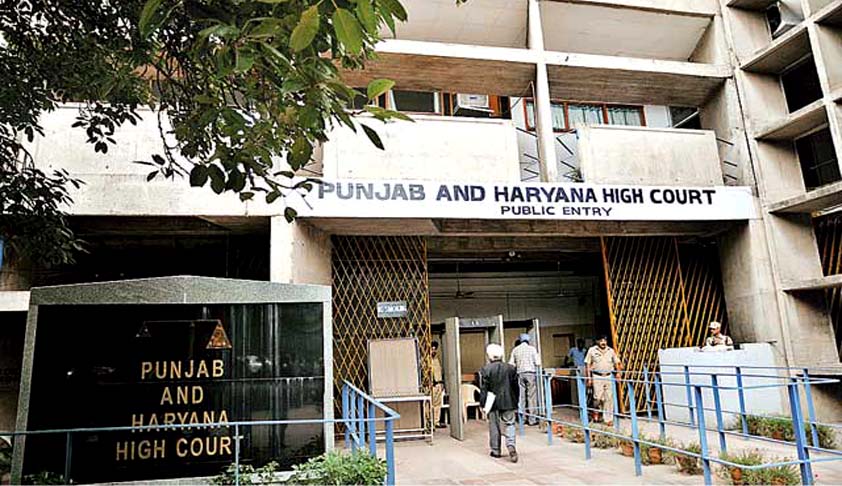All decided cases in Punjab and Haryana HC digitized; e-Filing and e-Diary software prepared
Apoorva Mandani
5 April 2016 4:10 PM IST

Next Story
5 April 2016 4:10 PM IST
All decided cases have reportedly been digitized for safekeeping for posterity, by the Punjab and Haryana High Court, as informed by the Chairman of Computer Committee Justice Rajesh Bindal while speaking at a regional discussion regarding the e-courts project at the Chandigarh Judicial Academy.The discussion was presided over by Justice Madan B Lokur, of the Supreme Court and...
